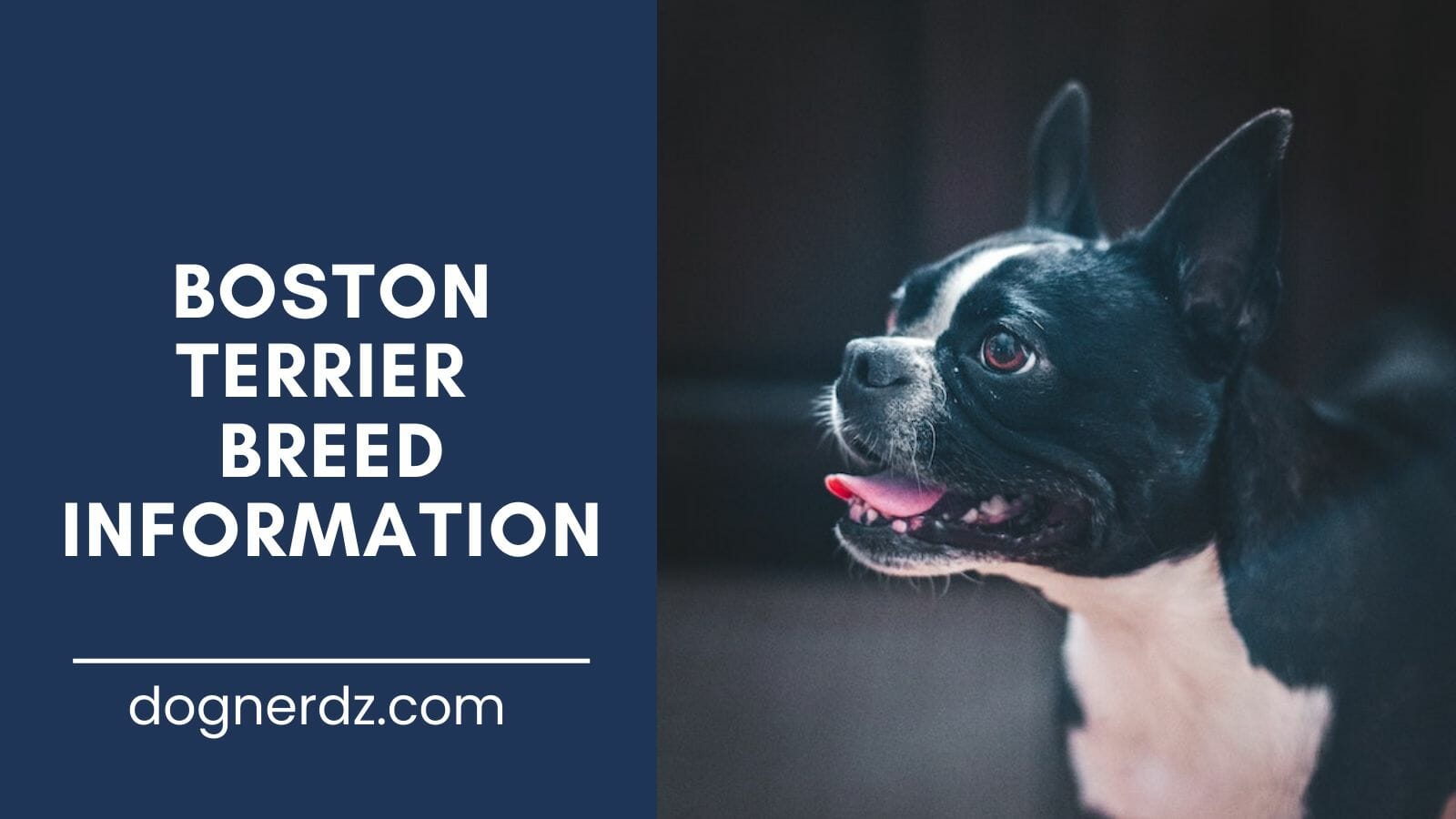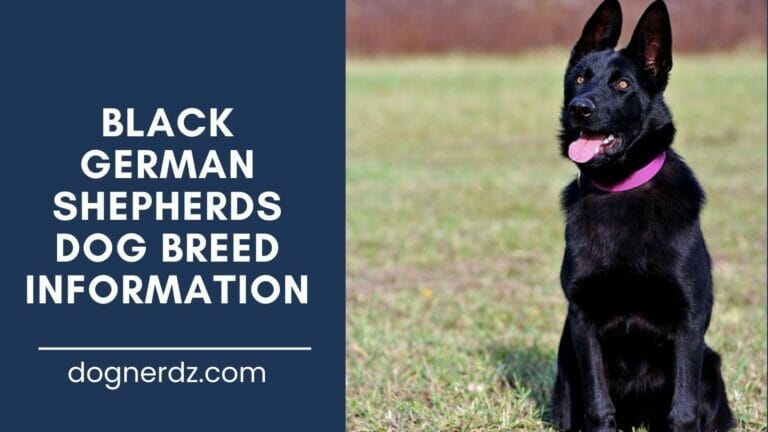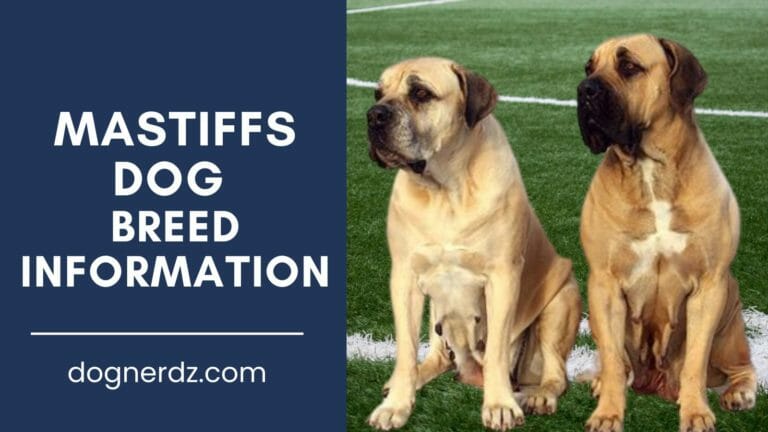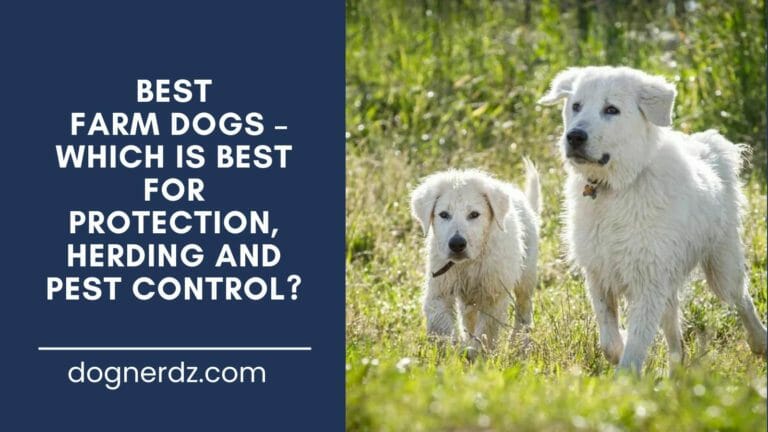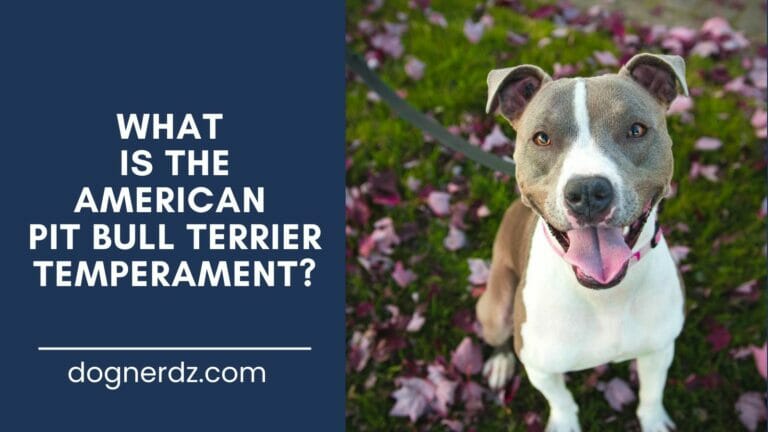Boston Terriers: All You Need to Know
Table of Contents
The Boston terrier is one of the most adorable dog breeds. The wide smiles they have never fail to lift the corners of your lips.
Not to mention their adorable coloring that resembles a tuxedo jacket, bringing home an “American Gentleman”, a nickname for Boston terriers that’s well-earned, will most definitely lift your spirits. But it also begs the question of how difficult these dogs are to care for, train, and live with.
Will it require a huge undertaking and a significant change to your existing lifestyle? Will you need to visit the vet often with this brachycephalic breed?
Let’s find out!
What is a Boston Terrier?
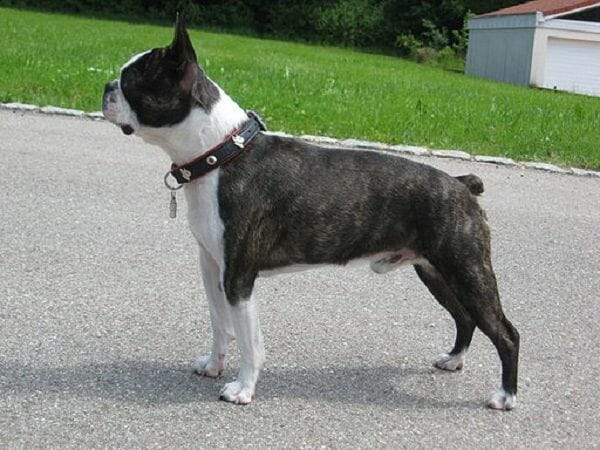
What exactly is a Boston terrier? Because it kind of looks like a mini boxer, but also resembles a Frenchie (French bulldog) to the “untrained” eye. The “mini” part is correct as these dogs rarely weigh over 25 pounds.
As the name suggests, the Boston terrier is part of the terrier breed and is native to the US (hence the “American” gentleman). You may have heard of Boston terriers also referred to as the American bull terrier, but just know that they are one and the same as the latter was their former name.
Many dogs belong to the terrier breed, and this term classifies dogs that were originally bred to hunt and dig. Yes, they are mostly used for companionship now, but dogs belonging to this breed still possess the traits of their ancestors such as stamina and prey observation.
Where Did the Boston Terrier Originate From?
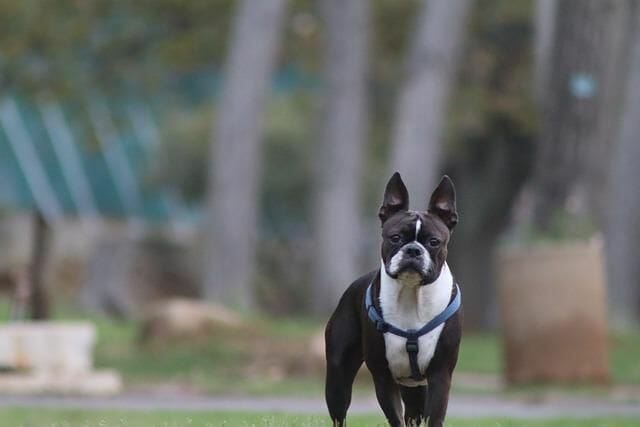
Many dog breeds originate outside of the US, but to earn the official nickname of “American Gentleman”, you bet that the Boston terrier is a true American. Why “Boston”? Because they were developed in Boston, of course! Although Boston terriers are a breed on their own right now, they were originally bred from the English bulldog and the white English terrier.
While the breed got its start in the US, you can find Boston Terriers in loving families all over the world.
What Was the Boston Terrier Bred for?
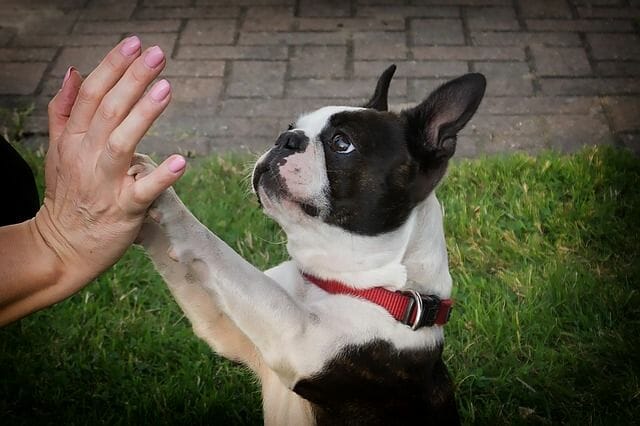
It’s hard to believe and incredibly sad that dogs with such adorable faces and expressions were originally bred for violence. Boston terriers served the purposes of hunting vermin in factories and even dog fighting. This is how you know these dogs were strong hunters and very deserving of belonging in the terrier group.
As time went on and especially in the modern day, Boston terriers are mainly used for companionship (and they are really affectionate and great cuddle buddies!).
What Does a Boston Terrier Look Like?
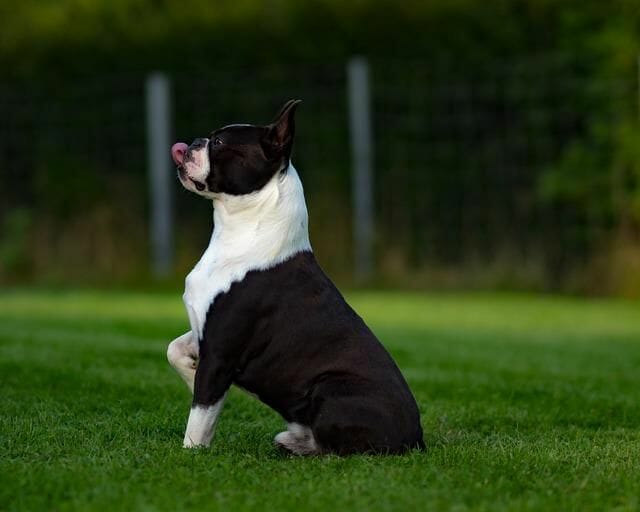
So we know that a Boston terrier is a cross between the English bulldog (we can totally see the resemblance) and the white English terrier, but can the Boston terrier vary in appearance? Let’s take a look.
Color
Boston terriers usually sport a combination of white with black, brindle (a mix of brown with darker brown and black), and seal (very dark brown almost black with a mix of black). These 3 are AKC-recognized Boston terrier coat colors, but there are others you should be aware of such as white mixed with chocolate (a lighter but rich brown), red (rusty brownish color), and blue (a blue-tinged grey silver).
Unique Physical Characteristics
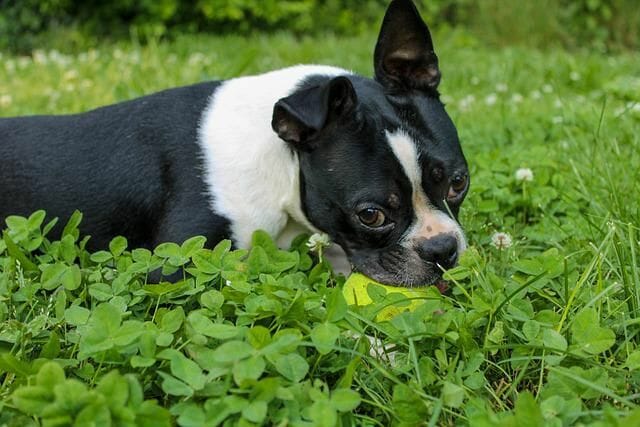
- Eyes
Boston terriers can sport black, shades of brown, and blue eyes. They have a perpetual wide-eyed look that definitely contributes to their cute expressions and the wide-set eyes also exude innocence. Trust us, it’s almost impossible to stay mad at them when they get up to mischief!
- Tail
Boston terriers do not have long tails. According to the AKC, the standard tail for a Boston terrier is short, low, and a tapered shape. They can have bobbed tails, which is like a nub because it is really short and small.
Some Boston terriers can have tails that are a bit longer than the bobbed tail, which can be straight, curved/crooked/ or even curled like a corkscrew.
- Ears
You can find straight erect ears or ones that are flopped over on your Boston Terrier. The pups usually all start with folded-over ears that stand up anywhere between 1 to 6 months of age. However, it is possible that your dog naturally has folded ears that will never stand up straight. Either way, it makes your dog unique!
- Snout
As a brachycephalic breed, Boston terriers, like Frenchies, pugs, and English bulldogs, have short and flat snouts. Some brachycephalic dogs have a “squished” or “pushed in” face. Many of these breeds are not allowed on long-haul or flights in general as they can suffer from more respiratory issues than dogs with longer snouts.
Brachycephalic breeds tend to snore more often due to the shorter airways and don’t take warmer temperatures very well.
How Big Does a Full-Grown Boston Terrier Get?
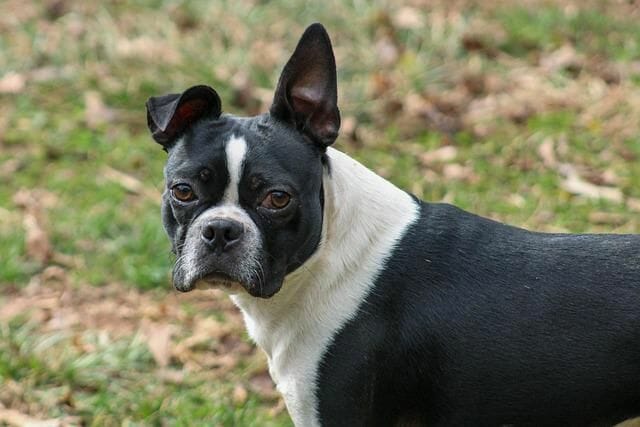
- Height
Boston terriers don’t usually exceed 20 inches tall. They are quite small and are usually considered small dogs but some can cross over the threshold to medium-sized dogs.
- Weight
As for the weight, Boston terriers will ideally be under 25 pounds for optimal physical performance and health. Of course, the right weight for your dog will depend on its size and even gender.
- Male vs Female
Males are typically larger than females, as with most dog breeds. Male Boston terriers are usually around 17 inches tall and can weigh anywhere between 15-25 pounds (with some exceptions of course). Females are expected to be around an inch shorter than their male counterparts at 16 inches and weigh in between 10 to 20 pounds.
How to Take Care of a Boston Terrier?
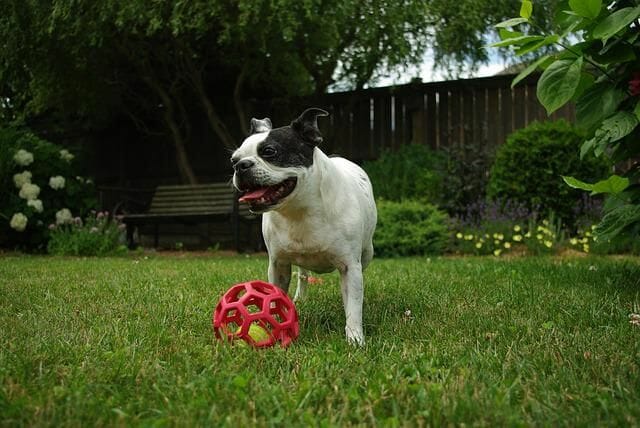
Exercise
Every dog needs exercise, the key is knowing just how much they need to be properly stimulated physically to exert all their stored energy without being overworked. Don’t let their small bodies fool you, Boston terriers are very high-energy dogs. So before you welcome a new gentleman or gentlewoman home with you, make sure you’re ready to meet its energy output.
In general, around 1 hour of exercise is what every Boston terrier should get. Of course, smaller Boston terriers will need less. It also depends on your dog’s personality. Some love to run and play all day long while others may be perfectly happy lounging around after a 30 min walk.
Grooming
As a very short-haired breed, Boston terriers make it easier on their owners in the grooming department. However, that’s not to say that they don’t need any grooming at all. Unlike long-haired and thick-haired breeds, you won’t need to trim, cut, and shave your Boston terrier.
What you need to do is brush them often to get the dead hair off and help them stay clean and fresh during the shedding season.
As a short-haired breed, Boston terriers can be bathed more. Depending on the level of physical activity, owners can bathe their Boston terrier as frequently as once a week to once every month and a half.
Other tasks you should tackle during grooming would be nail trimming, ear cleaning, and anal gland expressing if necessary.
Diet
- How much to feed
How much you feed your Boston terrier is really determined by its weight and activity level. Larger and more rambunctious Boston terriers will definitely need more food than smaller ones that like to laze around the house.
Every package, regardless of kibble, wet, fresh or raw food, should have feeding guidelines that can help you determine the right portions.
- How often to feed
How often you feed your dog is largely dependent on your pooch’s age. For example, puppies should be fed smaller meals more frequently throughout the day to help with digestion. As your dog grows, you can start subtracting the frequency and adding to the portions for each meal. For example, maybe you feed your puppy 4 times a day. Change it to 3 times a day around 6 months old and then reduce it to twice a day as your pooch reaches its first birthday.
- Common Food Allergies
Food allergies vary from dog to dog, but there are some general guidelines for Boston terriers as a breed.
Corn, soy, and wheat are generally not good to have, and protein sources such as chicken, beef, and eggs are also common causes of food allergies in any dog. Boston terriers are also likely to have gluten intolerance. It’s important to note that not all dogs will have food allergies. What causes your dog to scratch can also be environment-related.
The best way (and most recommended by vets) to identify a food allergy is with an elimination diet. For easy selection, here are the best dog food options for Boston terriers.
Are Boston Terriers Easy to Train?
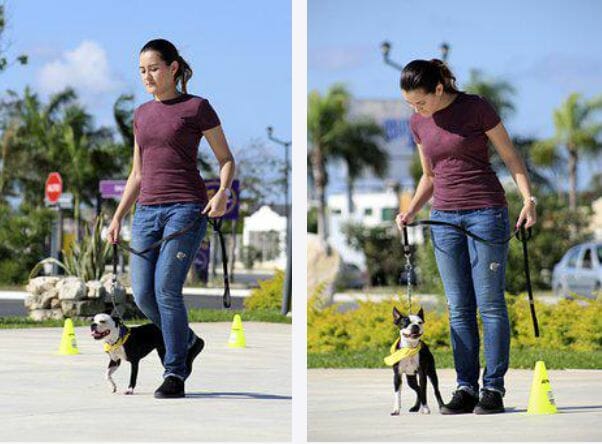
Dogs are like humans, each one is different, but the breed as a whole is considered very intelligent, which means they are easy to train. Just because a breed is smart doesn’t mean they are always easy to train. Take the husky for example. Huskies are very smart but coupled with their stubborn streak, they are one of the most challenging dogs to train.
Whatever it is you are training, remember to do it with a lot of patience, consistency, love, and plenty of positive reinforcement!
Are they Easy to Potty Train?
As for potty training specifically, Boston terriers are not that easy. But again, this will vary from dog to dog and depends on your level of persistence and determination.
What is the Boston Terrier Temperament?
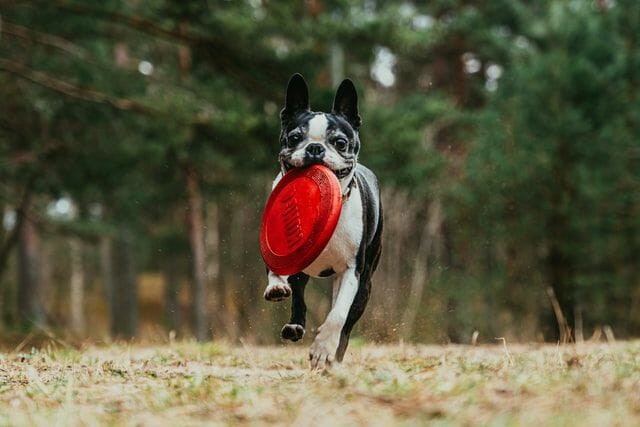
A major indicator of whether or not a dog breed is suitable for you is temperament. Do you have other pets and children in the family? How well will a Boston terrier adjust to its new environment?
Does this breed do well with children?
The Boston terrier is a playful, friendly, and energetic breed, making it a great playmate and companion for homes with children. The size range of a Boston terrier is also perfect for kids because the dog is small enough to not bowl over your children but also large enough to match your kid’s energy output.
Does it do well with other pets?
The answer to this question is impacted by many factors such as when you introduce a new dog into the family, whether you’re bringing your Boston terrier into a home with existing pets, and the dog’s personality.
In general, Boston terriers are very friendly and do well with other pets. If you socialize your Boston terrier well, then it will most likely adjust better to new family members.
Are Boston Terriers aggressive?
In general, no. Boston terriers are not known for their aggression, but again, this depends on the dog. Some dogs, especially ones that were not properly socialized at an early age, will harbor more aggression. This aggression can be taken out on other dogs or even people. However, Boston terriers are usually very harmonious and beloved by dog owners due to their mild temperament.
What Environment is Ideal for the Boston Terrier?
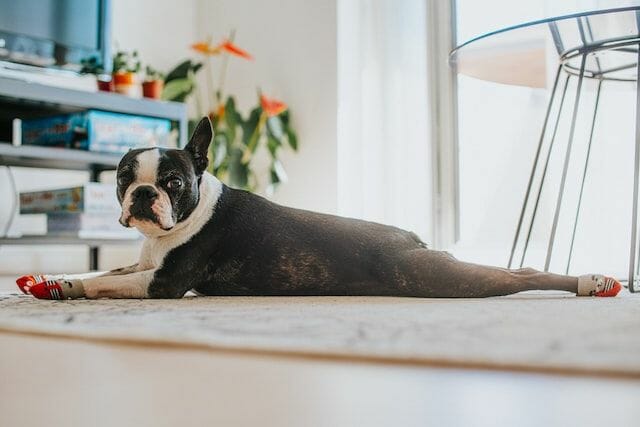
City or countryside, the Boston terrier can thrive in most environments whether it’s in an apartment in the heart of a metropolitan city or on an acreage in the countryside. Since they are small, they don’t need too much space, but more space is always better, especially if you have a hyperactive dog.
One thing that all Boston terriers share is an aversion to colder and warmer weather. If you live anywhere that has particularly cold winters or hot summers, then actively make sure your dog is prepared.
What is the Average Life Span of a Boston Terrier?
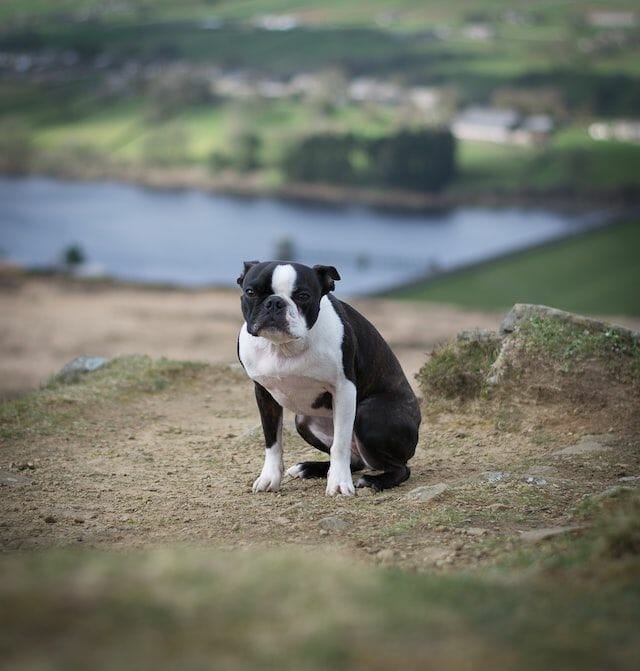
As a smaller dog, you can expect to have your loyal Boston terrier companion for 11 to 15 years. On average, most live between 11 to 13 years, but with good genetics and proper care, some Boston terriers have made it to the 15 mark.
Boston Terrier Common Health Issues
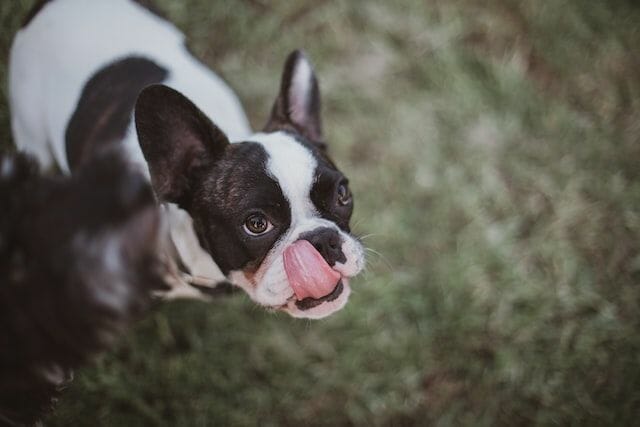
The Boston terrier is a brachycephalic breed, which means it will probably suffer some sort of respiratory issue or strain. It may not be able to handle vigorous exercise the way some other breeds can. Aside from their short snouts, Boston Terriers can also suffer from heart issues, and eye problems such as cataracts and cherry eye, which is inflamed tear glands that cause redness and swelling.
How Much Does a Boston Terrier Cost?

A purebred Boston terrier can cost around $1300, which is the median price across America. The actual range of price when you take all the breeders into account is somewhere between $350 and $3500.
As a word of caution, wildly low prices such as $350 could be due to inhumane breeders and circumstances (ie. puppy mills). Or, the low fee is due to rehoming/adoption, in which case it is normal. Don’t worry, we will help you figure out what to look for and what to avoid in a breeder.
Other Similar Dog Breeds
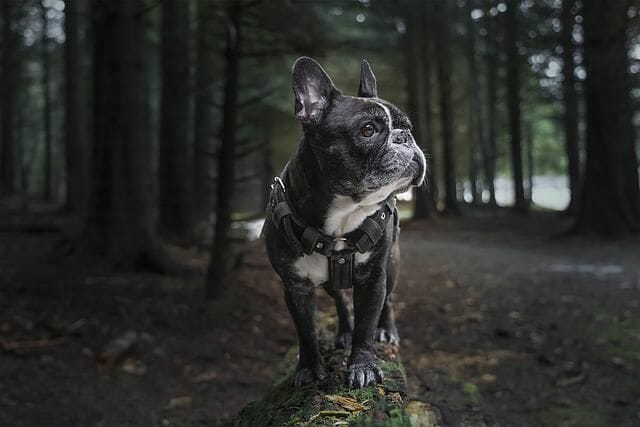
Similar dog breeds to the Boston terrier would be ones also belonging to the terrier breed such as:
French Bulldog
The French bulldog of the bulldog breed resembles the Boston terrier. Frenchies are small, like the Boston terrier, and have similar faces. This could be due to their relation to the English bulldog, something the Boston terrier shares.
Border Terrier
The border terrier has a coat similar to the Boston terrier and a close likeness in their faces. Although they look very alike, the Border terrier tends to have a rougher coat. You will also notice different color variations between the two breeds.
Boxer
The boxer is a larger breed that also looks like the Boston terrier. They both share similar expressions and shared heads – except one is a larger dog. If you are someone who likes the Boston terrier but wishes they were bigger, you can go with a boxer!
Finding the Right Breeder
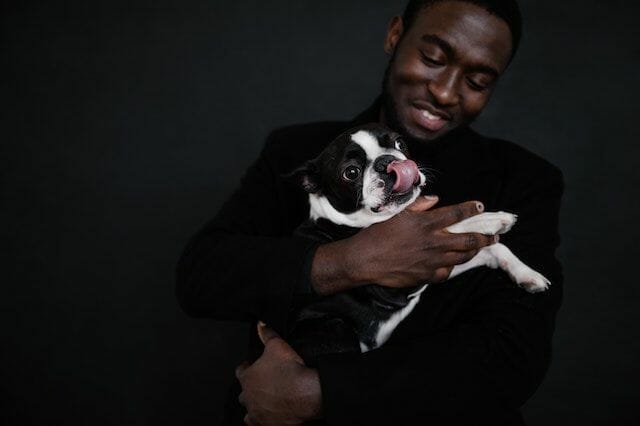
When you are looking for a breeder, there are a few questions you need to ask to get you started on the right foot. But before we talk about that, asking your vet about a breeder they recommend is generally safer as well.
You can try visiting dog shows and attending events where reputable breeders will be. Going with AKC (or similar organizations in your country ) registered breeders will also be a safe bet.
Once you have your heart set on a breeder, visit the kennel to make sure it isn’t a puppy mill and the circumstances and environment are clean the dogs are treated humanely. We understand that this may not always be possible as some breeders are located in other cities, but maybe even a video call can shed some light on the situation.
Questions to think about:
- Is the breeder shifty and won’t answer questions or reveal to you the kennel environment?
- How many litters do they produce a year? Do they use the same parents? If yes, stay away! Those are puppy mills that should be shut down and the poor dog parents need to be rescued right away.
- Do they have a waiting list? If so, it’s less likely they are a puppy mill and only breed at optimum times to give the moms and dads a break.
- What do they know about the breed? The breeder should be able to answer all your questions about the breed and more.
- How does the breeder treat the pups before sending them off to you? They should be socialized and some even do early potty training.
- When do they let you take them home? No dog should be taken away from its mother before 8 weeks at the very least.
- Do they have a reputable vet they work with?
- Do they engage in responsible mating?
- What does the internet say? Look for references, reviews, etc.
- Are they asking you the right questions? A good breeder should be concerned about where their puppies end up. They should ask you questions too.
- Do they keep in constant contact with you and are always available for advice and help for the duration of your pup’s life?
- Is there a contract? Does it stipulate returning the pup rather than giving it up to a shelter? Is there a health guarantee?
- Does your pet come with necessary papers stating the pedigree, etc., if applicable?
- What does your gut say? If you’re not comfortable and something feels off, trust your instinct!
Conclusion: is the Boston Terrier Right for You?
When you get to this part of the article, you should have a pretty good idea about whether or not the Boston terrier is a suitable breed for your lifestyle and circumstance. Let’s sum it up. If you like how the Boston terrier looks, have the time to properly train and exercise your pup and live in a suitable environment, then yes, you can seriously consider getting a Boston terrier.
It’s okay if the Boston terrier is a little too small to accompany you in more vigorous activities or is too hyper for your lifestyle, because you can choose similar breeds such as the boxer, which can live up to your expectations physically, and the English bulldog, which is just as adorable but requires less exercise.

